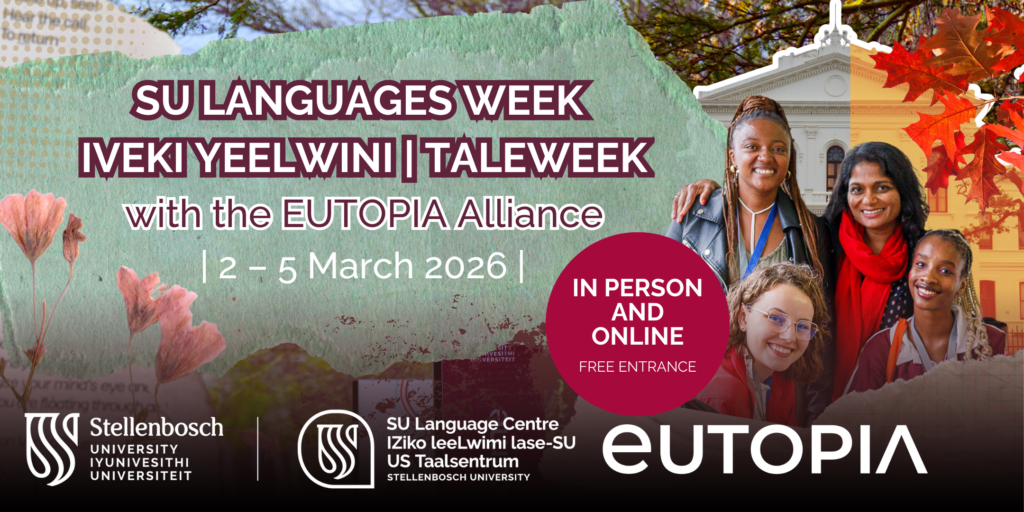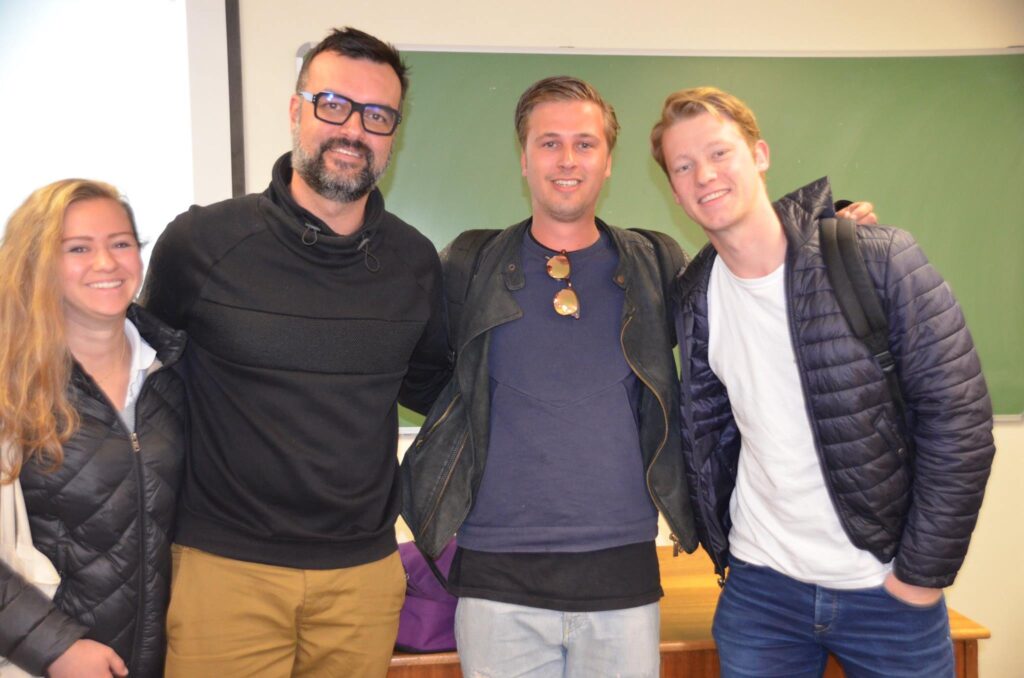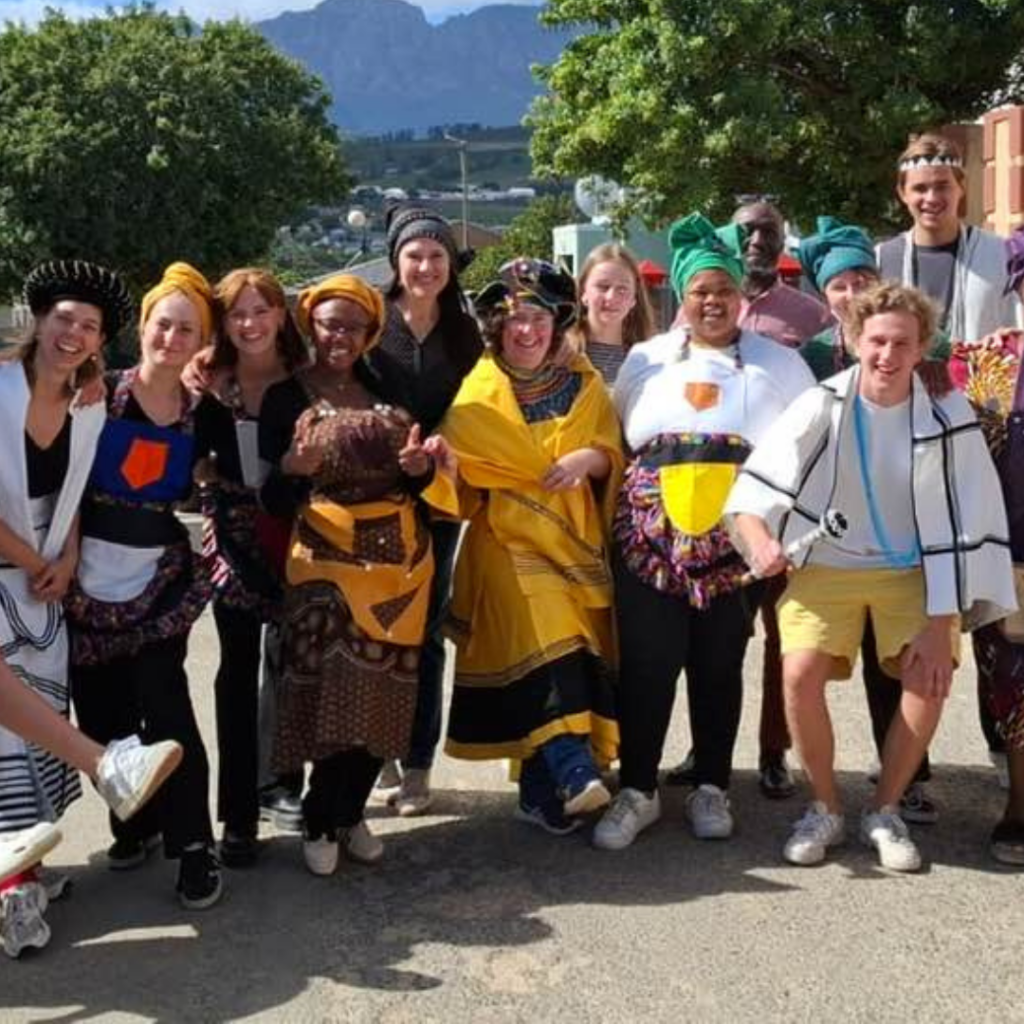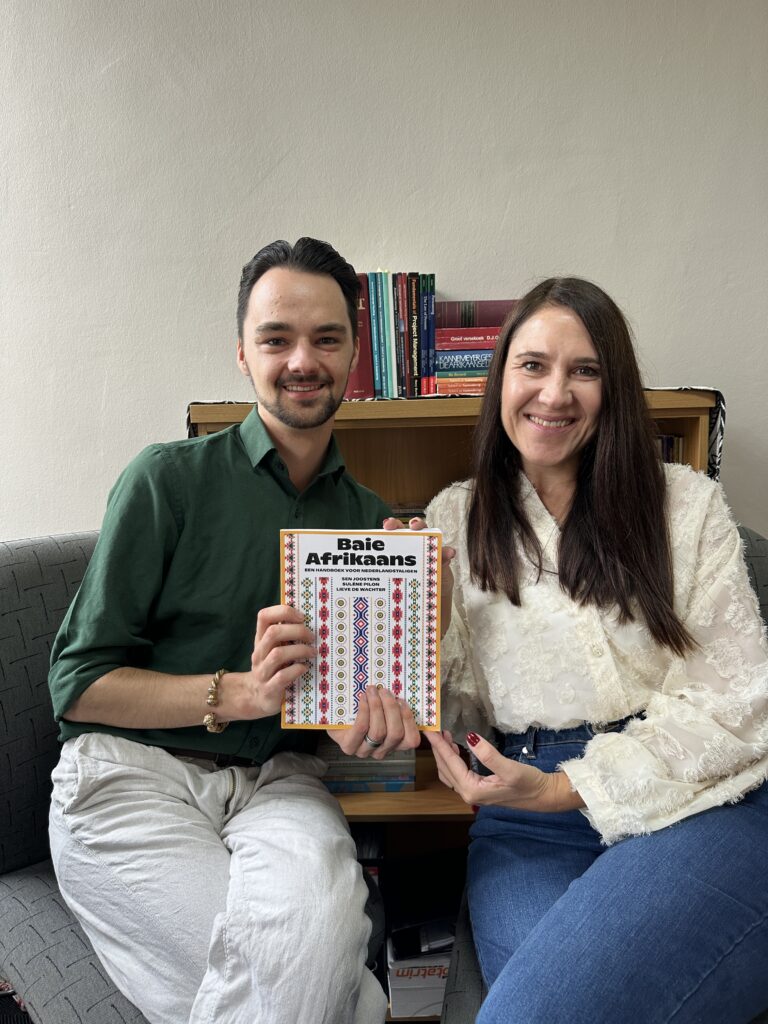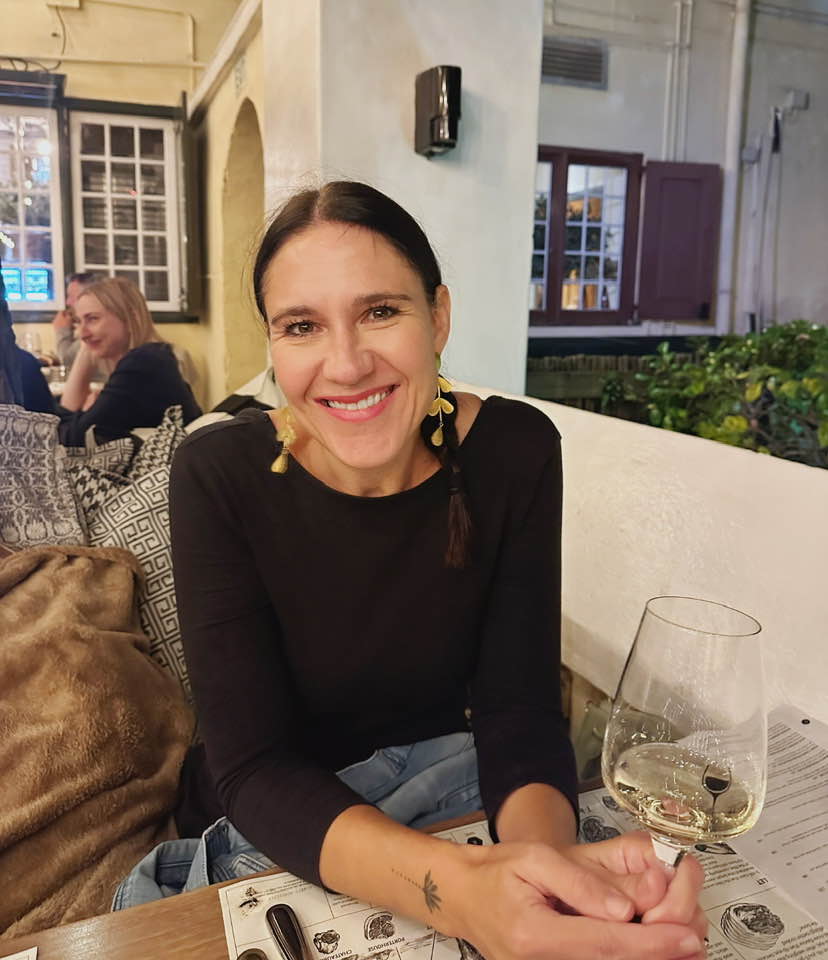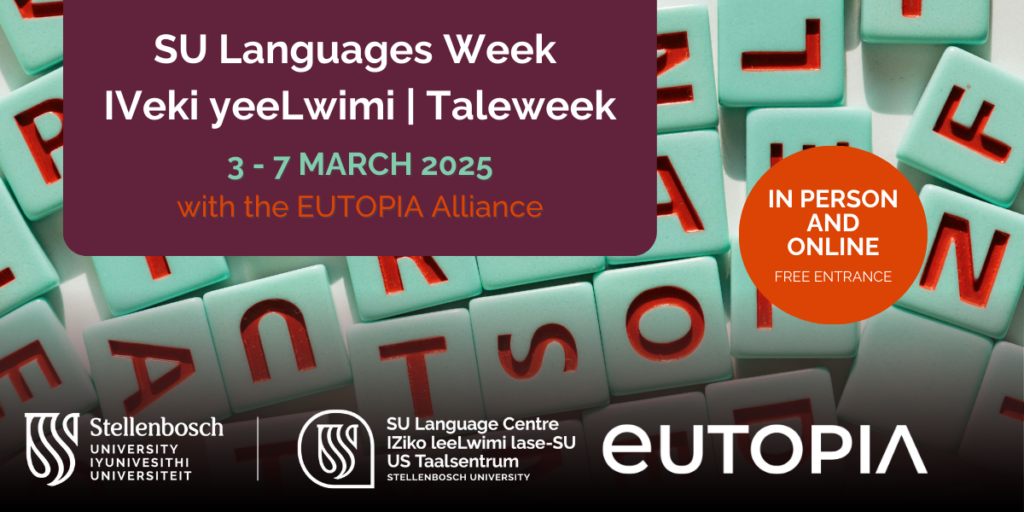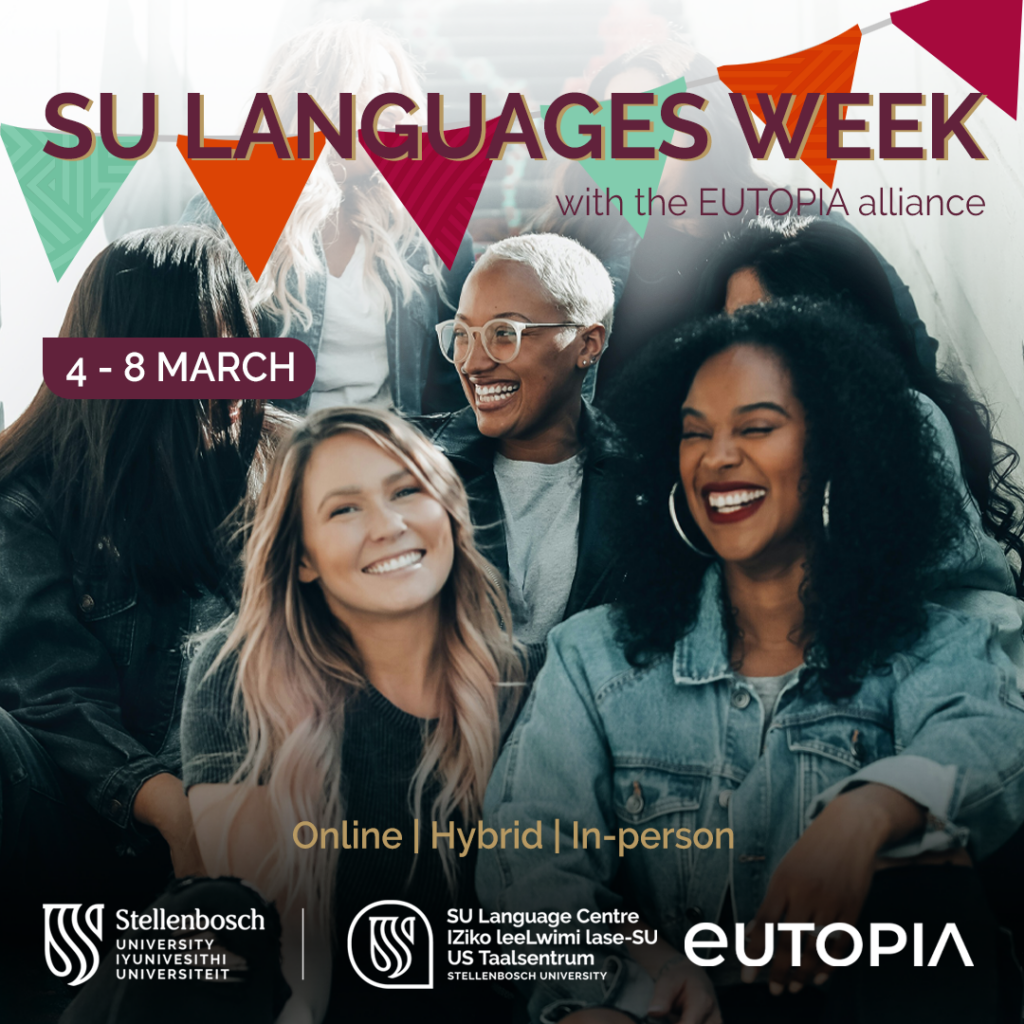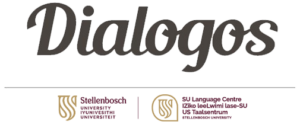This year, SU joins the EUTOPIA Alliance Languages Week from 2 to 5 March 2025 to celebrate languages, culture and diversity across the world.
What has the Language Centre been up to from May to July 2025?
Q and A with Dr Schalk van der Merwe in celebration of 10 years of Afrikaans language and culture for Dutch-speaking exchange students
Dr Schalk van der Merwe, extraordinary senior lecturer at Stellenbosch University (SU), has been a regular guest lecturer for several years at the SU Language Centre’s Afrikaans language and culture course for Dutch-speaking students, where he shares and discusses key events from South African history with students in a narrative style. “When it comes to the history and origins of Afrikaans, it is essential to reflect the language’s diversity, and also how it has served as a vehicle for social change,” says Dr Van der Merwe. As part of the course’s 10-year celebrations, we asked him a few questions.
Feel at home in South Africa. Learn the language. Live the culture.
Ten years of Afrikaans language and culture for Dutch speaking exchange students: An interview with Sen Joostens
Ten years of Afrikaans language and culture for Dutch-speaking students at SU: An interview with lecturer, Helga Sykstus
Languages Week 2025 at SU, with something for all students and staff
This year, SU joins the EUTOPIA Alliance Languages Week from 3 to 7 March 2025 to celebrate languages, culture and diversity across the world.
First-ever Languages Week at SU, with something for all staff and students
This year, SU joins the EUTOPIA Alliance Languages Week from 4 to 8 March 2024 to celebrate languages, culture and diversity across the world.
Language learning at Language Centre opens doors for internationalisation
So many kinds of freedom
“I never even knew that such a kind of personal freedom existed, because I had never experienced it before.” In celebration of Freedom Day on 27 April, a Belgian exchange students shares her thoughts on freedom with us, originally in Afrikaans, but translated into English below.

